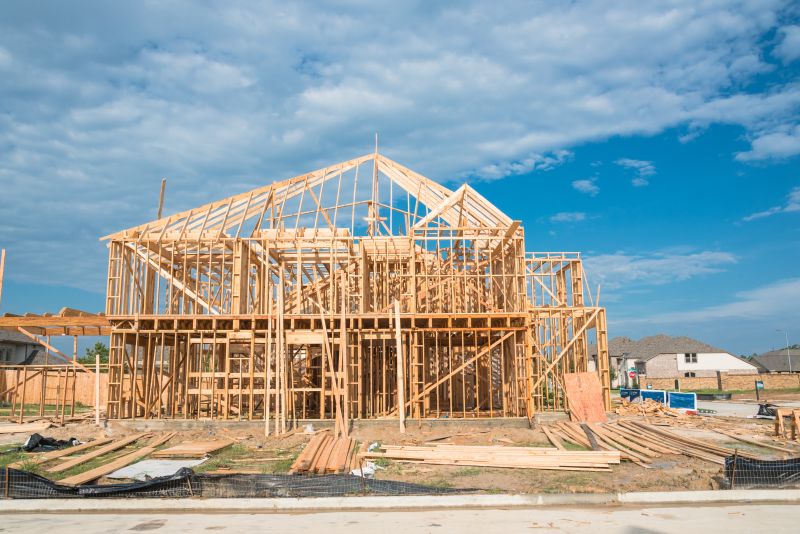When entering into contracts as a roofing contractor, it’s crucial to include provisions that protect your interests, clarify responsibilities, and establish expectations. Here are some important contract provisions for roofing contractors:
Scope of Work: Clearly define the scope of the roofing project, detailing the specific tasks and materials to be used. Include any specifications or drawings that outline the project requirements.
Timeline and Milestones: Set forth the project timeline, including start and completion dates, as well as any milestone deadlines. This helps manage expectations and ensures timely completion of the project.
Payment Terms: Specify the payment schedule, including any upfront deposits, progress payments, and final payment upon completion. Outline the method of payment and any late payment penalties or interest charges.
Change Orders: Define the process for handling changes to the scope of work, including how changes will be documented, approved, and compensated. This helps prevent disputes and ensures clear communication throughout the project.
Warranties and Guarantees: Include details of any warranties or guarantees provided by the roofing contractor for materials and workmanship. Specify the duration and coverage of the warranties, as well as any conditions or limitations.
Insurance and Liability: Require the roofing contractor to carry appropriate insurance coverage, including general liability insurance and workers’ compensation insurance. Specify the minimum coverage limits and require the contractor to provide proof of insurance.
Permits and Compliance: Clarify responsibility for obtaining necessary permits and complying with building codes, zoning regulations, and other legal requirements. Ensure that the roofing contractor is aware of and agrees to adhere to all applicable regulations.
Dispute Resolution: Specify the process for resolving disputes that may arise during the project, such as mediation, arbitration, or litigation. This helps avoid costly and time-consuming legal battles and encourages parties to resolve conflicts amicably.
Indemnification: Include provisions requiring the roofing contractor to indemnify and hold harmless the client from any claims, damages, or liabilities arising out of the contractor’s work.
Subcontractors: If the roofing contractor plans to use subcontractors, specify this in the contract and outline the responsibilities of the subcontractors.

